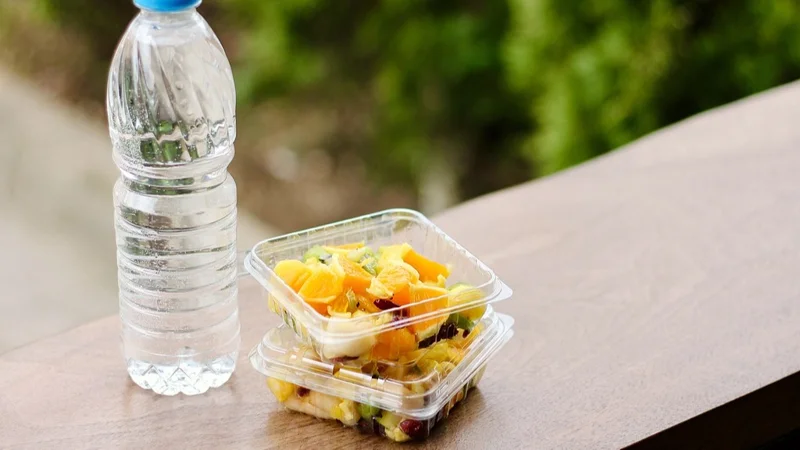Scientists in Australia create natural plastics for everyday packaging
Australian scientists have developed natural plastic films from food waste sugars that could replace petroleum-based packaging, offering compostable alternatives for food and agricultural uses, Xinhua reports.

The study led by Australia's Monash University (MON) highlights the potential of a new type of biodegradable plastic by converting food waste sugars into polyhydroxyalkanoates (PHA) biopolymers, said a MON statement released Friday.
This research demonstrates how food waste can be transformed into sustainable, compostable ultrathin films with tunable properties, said Edward Attenborough from the MON Department of Chemical and Biological Engineering.
By selecting different bacterial strains and blending their polymers, the researchers produced films that behave like conventional plastics and can be molded into other shapes or solids, the statement said.
As global plastic production exceeds 400 million tons annually, most of it single-use, the study provides a framework for designing bioplastics for temperature-sensitive packaging, medical films and other products, addressing the global challenge of single-use plastic waste, it said.
The researchers fed two soil-dwelling bacteria -- Cupriavidus necator and Pseudomonas putida -- a carefully balanced "diet" of sugars with the right blend of salts, nutrients and trace elements, according to the study published in the British journal Microbial Cell Factories.
Once the microbes produced the plastics inside their cells, the researchers extracted and cast them into ultrathin films about 20 microns thick, and tested their stretchiness, strength and melting behavior.
The versatility of PHAs means we can reimagine materials we rely on every day without the environmental cost of conventional plastics, Attenborough said, adding this opens the door to sustainable alternatives in packaging, especially where they can be composted along with food or agricultural waste.
The researchers said they are now working with industry partners to develop biodegradable packaging and medical solutions with potential commercial applications.
Earlier, it was reported Northwestern scientists develop a nickel-based catalyst to transform plastic recycling.
